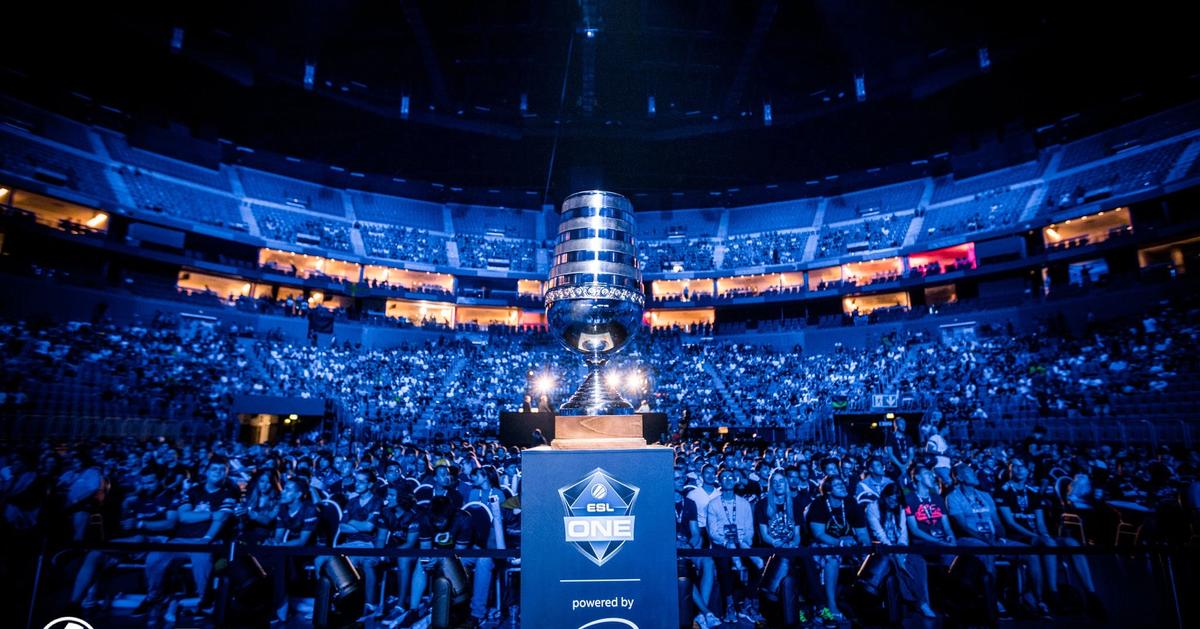Counter Strike Global Offensive and Overwatch stand as two of the largest esports, both able to fill out stadiums and hold consistent viewership.
Yet a fundamental difference separates Valve’s CS:GO from Blizzard’s Overwatch. The former using a tournament circuit and the latter a franchised league knows the Overwatch League (OWL).
Photo Credit: Kotaku
For those unaware a franchised league is one where an organisation has to purchase a slot, rumoured to be as much as $40 million, while a tournament circuit relies on invitations and qualifiers to determine which teams attend.
As esports still stands in its early days, the question arises of what format will rise above the other and prove to be most beneficial for the industry’s development going forward.
The tournament circuit will remain a preference of the two since it adheres to the competitive element of esports more. The main reason for this is a fundamental basis of a franchised league is the lack of any relegation system due to the buy-in for a slot.
Financially this is necessary as Jack Etienne owner of Cloud 9 describes “[Franchising] allows you to bring in sponsors to create really strong years-long partnerships,”.
Photo Credit: BloombergHowever, the absence of relegation means subpar teams continually play at the highest level lessening the competition of which the OWL contained the most extreme example.
The Chinese franchise the Shanghai Dragons in their inaugural season ended the season without a single win going 0-40, the longest recorded losing streak in any competitive league ever.
Explore new topics and discover content that's right for you!
CS:GO



